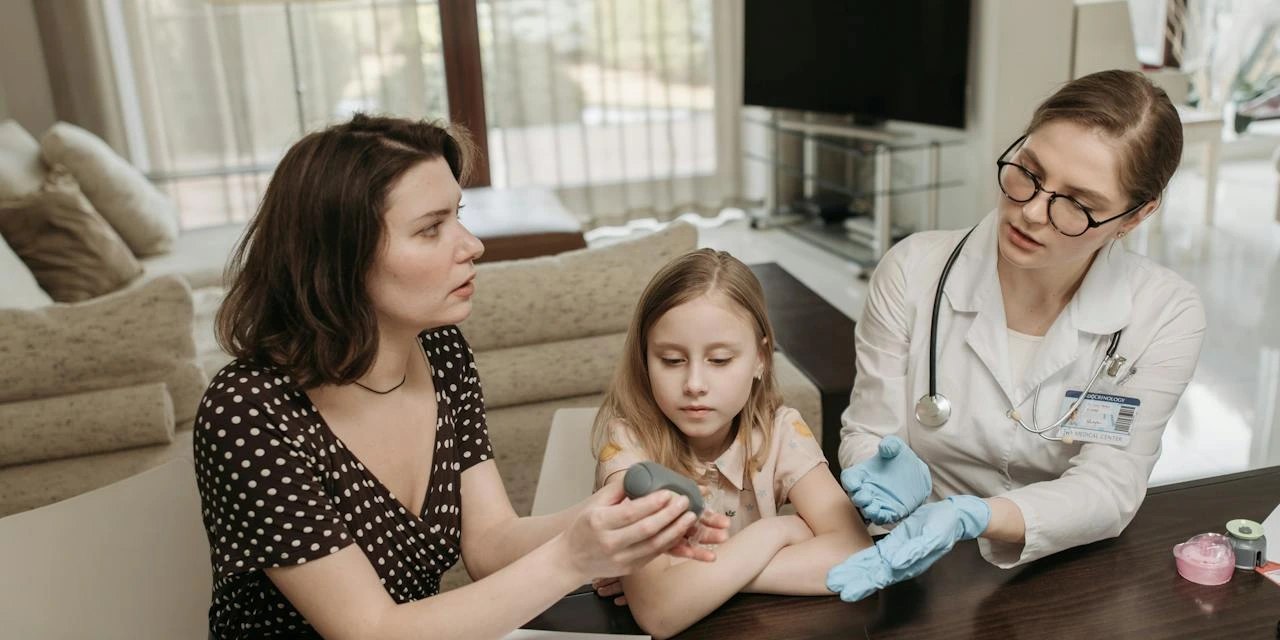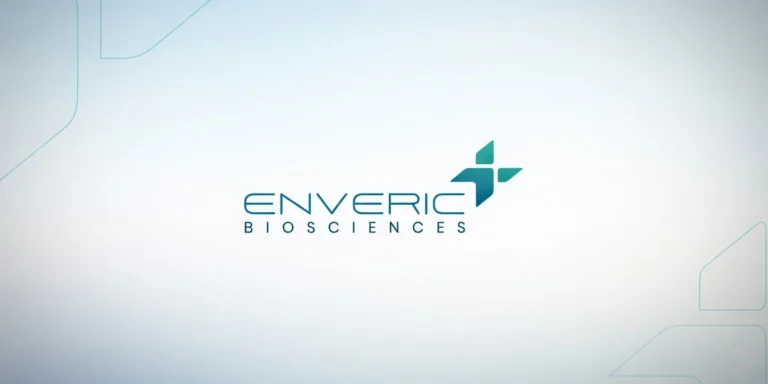
bluebird bio, Inc. (NASDAQ: BLUE) (“bluebird bio” or the “bluebird”) today announced the details of its U.S. commercial infrastructure to support timely, equitable access to LYFGENIA™ (lovotibeglogene autotemcel, also known as lovo-cel), an FDA-approved gene therapy for the treatment of patients 12 years of age and older with sickle cell disease and a history of vaso-occlusive events (VOEs). The LYFGENIA launch builds on bluebird’s demonstrated success delivering ex vivo gene therapies to patients in the United States and includes outcomes-based contract offerings for payers, as well as a personalized patient support program.
“Our approach is built on the principle that timely, equitable access to gene therapy is imperative for people living with sickle cell disease,” said Tom Klima, chief commercial & operating officer, bluebird bio. “As an established commercial gene therapy leader, we believe bluebird is well positioned to partner with providers and payers to deliver LYFGENIA to a community that is long overdue for meaningful treatment advances. The location of our Qualified Treatment Centers and our patient services offering are designed to minimize burdens for patients and their families and caregivers, while our outcomes-based contract offerings have been created specifically to address challenges payers face as they adapt to provide access to one-time, transformative therapies.”
Data from clinical studies support LYFGENIA as a potentially curative gene therapy for sickle cell disease through durable production of anti-sickling adult hemoglobin (HbAT87Q) and resolution of vaso-occlusive events. bluebird has set the wholesale acquisition cost of LYFGENIA in the U.S. at $3.1M in recognition of the value the therapy may deliver through robust and sustained clinical benefits and the estimated lifetime impact that reducing or eliminating VOEs may have on patients’ healthcare utilization, future earnings, and life opportunities.
The burden of sickle cell disease is immense and can impact every aspect of life for patients and their loved ones. Beyond the debilitating and unpredictable vaso-occlusive events that are most associated with the disease, patients are at risk for irreversible damage to vital organs, diminished quality of life, and early death. Fifty to 60% of adults living with sickle cell disease have end organ damage, and one in four people living with sickle cell disease have a stroke by age 45. Despite a median age of death of 45 years, it is estimated that U.S. patients with frequent VOEs average $4.0 -$6.0 million in direct lifetime medical costs, not including patient-incurred out-of-pocket costs or the impact on caregivers. Patients also forgo approximately $1.3 million in lifetime earnings compared to their peers based on how their disease can limit academic and professional opportunities.





